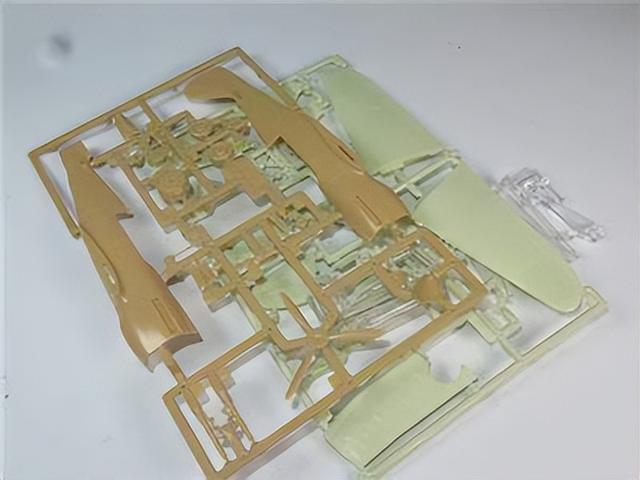重点句型1.—When is your/his/herbirthday?,下面我们就来聊聊关于英语小知识100条?接下来我们就一起去了解一下吧!

英语小知识100条
重点句型
1.—When is your/his/herbirthday?
你/他/她的生日是何时?
—My/His/Her birthday ison November 11th. 我/他/她的生日是11月11日。
词法精选
1. when与what time
(1)when指“什么时候;何时”,用于对日期(某年、某月、某日)提问。如:
①When are you going to leave Shanghai?
你们打算什么时候离开上海?
②When were you born?你何时出生的?
(2)当问某一天的上午、下午、晚上等某个具体时间点时,要用what time。当泛指做某事的时间时,when与what time一般可互换。如:
①What time/When do you usually go to school?你通常什么时间去上学?
②What time/When do you go to bed?
你什么时候睡觉?
2. date与day
(1)date指“日期”,即“某年、某月、某日”,一般用单数。如:
—What's the date today?今天几号?
—It's May 12th. 今天5月12日。
(2)day泛指“日子”,可以指24小时的一整天,也可以单指白天,提问时,day指的是“星期几”。如:
—What day is it today?今天星期几?
—It's Thursday. 星期四。
3. 含有have
have some interesting and fun things for you
为你们安排了一些有趣又好玩的事
have an English Day举办英语活动日
have a school trip组织学校郊游活动
have two ball games
举行两场球类比赛
havean art festival举办一次艺术节
have an English party举办一个英语派对
have a book sale
举行一次书籍拍卖
have a good time玩得开心;过得愉快
句法精析
1. When is your birthday?
你生日是什么时候?
when是副词,意为“什么时候”,对时间进行提问。如:
①—When do you go to school?
你什么时候去上学?
—I go to school at 8 inthe morning.
我上午8点去上学。
②—When is Mary's birthday?
玛丽的生日在什么时候?
—Her birthday is/It's on January 12th.
她的生日在1月12日。
③—When is the activity?
这个活动在什么时候?
—It's on October 2nd. 在10月2日。
④Whenis Children's Day/National Day/Women's Day/New Year's Day?
儿童节/国庆节/妇女节/新年在何时?
2. How old are you?
How old...?用于询问年龄,其回答一般是一个基数词,因为英美国家的人不喜欢别人询问有关自己年龄的问题,也可回答It's a secret.(这是一个秘密)。如:
—How old are you?你多大了?
—I'm 15. 我15岁了。
3. ①What activities do you like?
你喜欢什么活动?
②What other activities do you like?
你还喜欢其他什么活动?
other意为“其他的”,用来排除前面已经提到的名词。
语法精讲
1. 序数词
表示顺序,一般前面要加定冠词或形容词性物主代词。如:
①—Which is the first day of the week?
一周的第一天是哪一天?
—The first day of theweek is Sunday.
一周的第一天是星期天。
②Todayis his twentieth birthday.
今天是他的第二十个生日。/今天是他二十岁生日。
③—What's the date today?
今天几号?
—It's January 18th. 1月18日。
④Canyou see the bird in the second picture?
你能在第二幅图画中看到鸟吗?
⑤Myfirst teacher is my mother.
我的第一个老师是我妈妈。
2. 表示时间的介词at, in与on
(1)at意为“在……”,常用于时刻前或一些固定的习惯用语中。如:
at9:00 在9点钟 atnoon 在中午
(2)in用在月份、季节、年份等前面,也可以表示泛指的“在上午/下午/晚上”。如:
inMay在五月 in 2018 在2018年
inthe morning/afternoon/evening
在上午/下午/晚上
(3)on用在日期、星期几、节日前,或具体某一天的上午、下午或晚上。如:
on November 1st 在11月1日
on Children's Day在儿童节
on Tuesday evening在周二晚上
,




